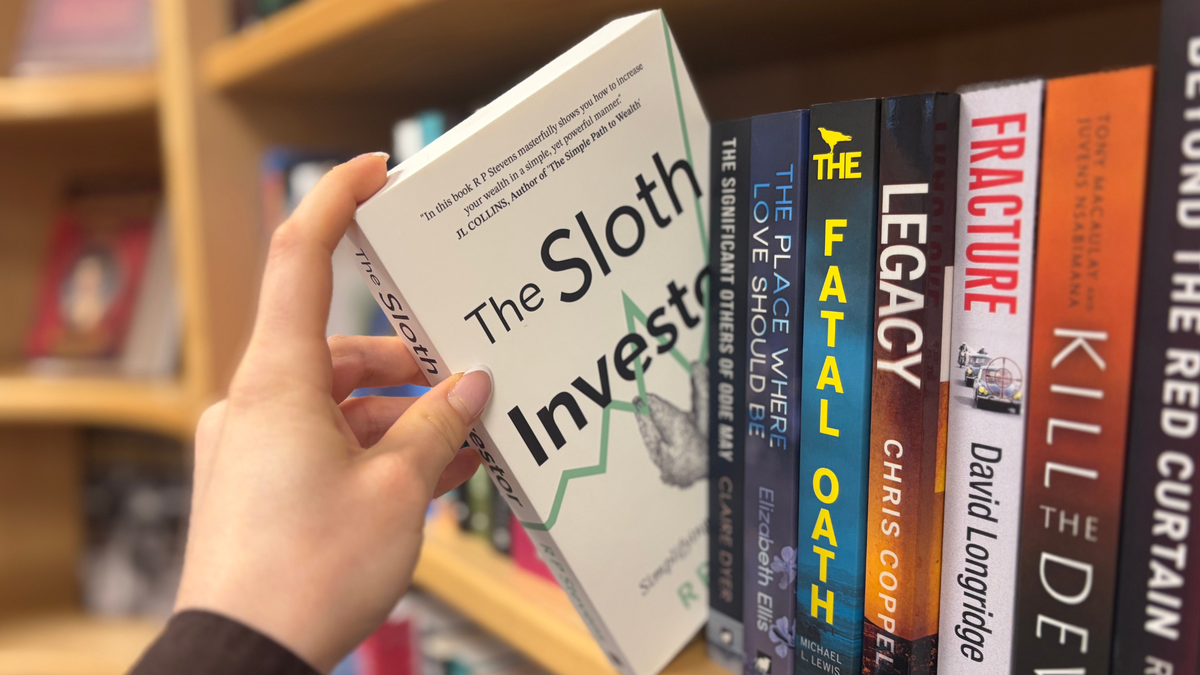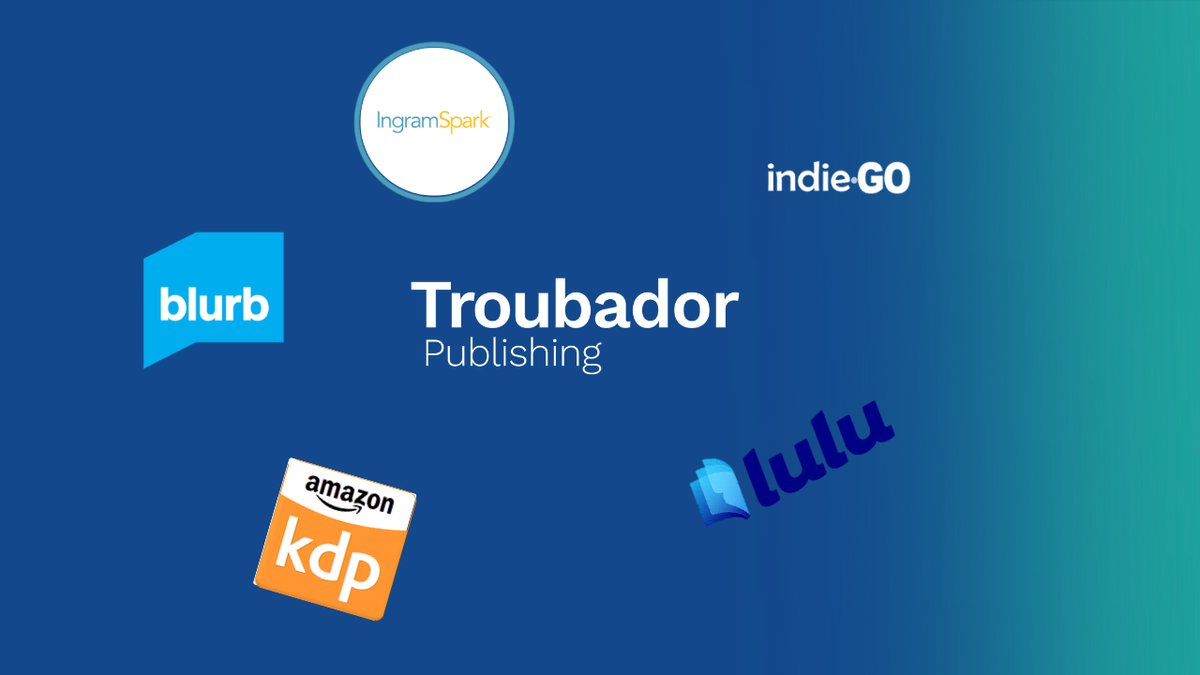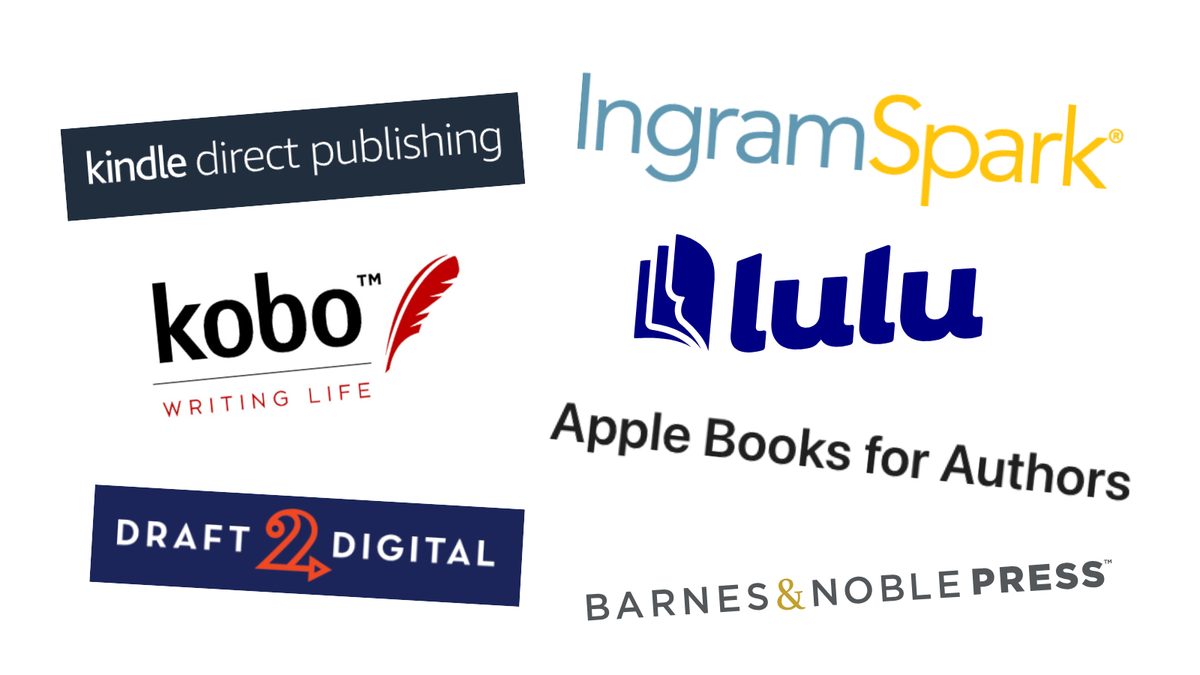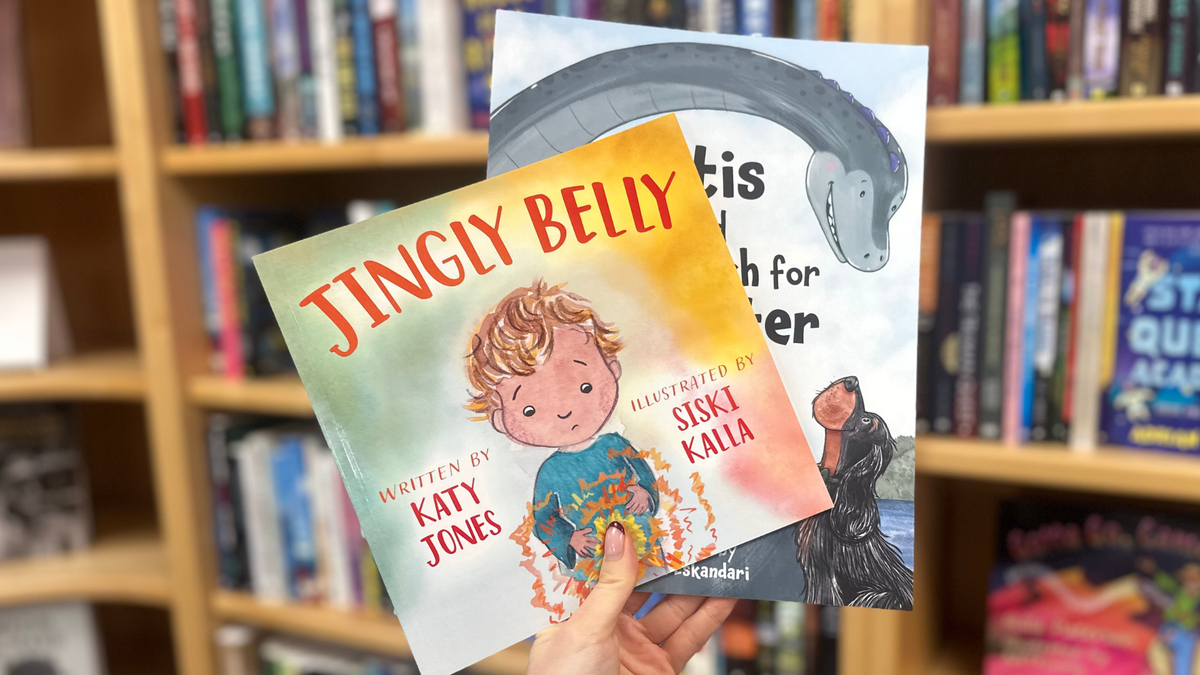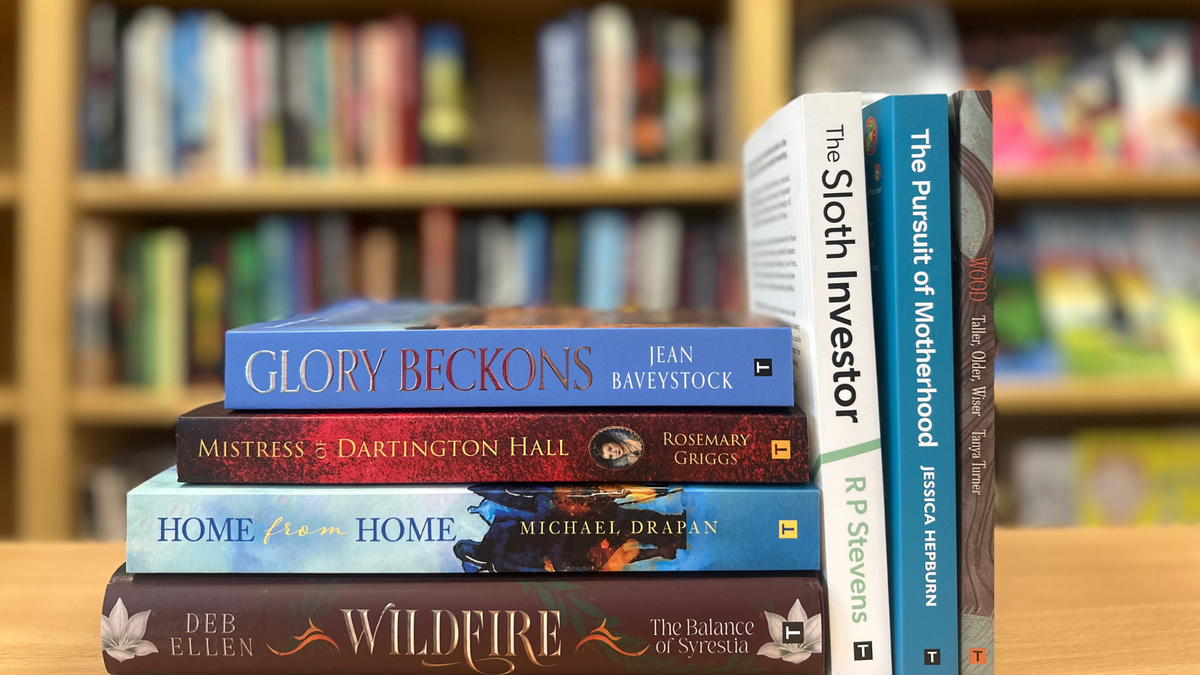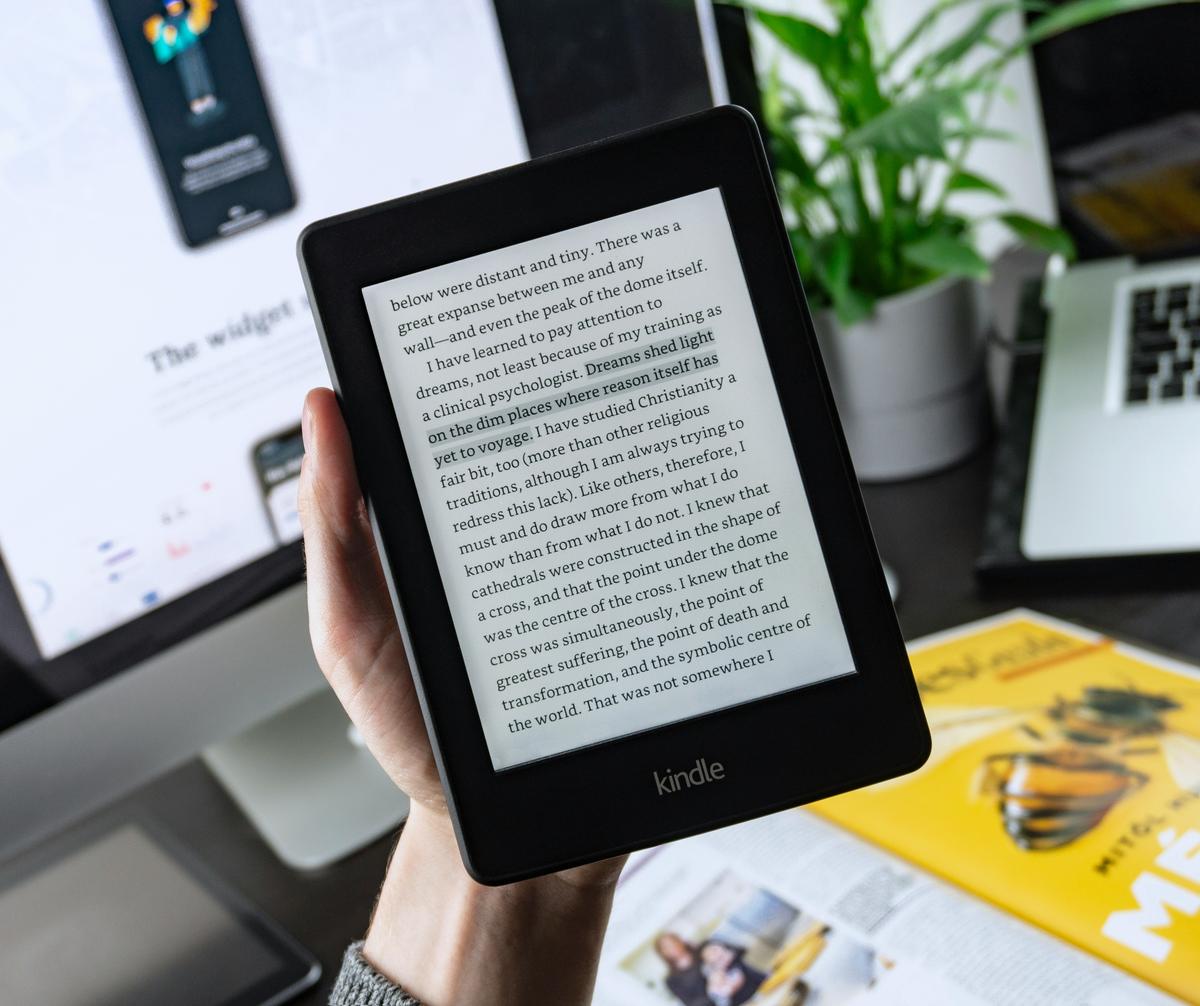
1st November, 2023
6 min read
Approaching Bookshops as a Self-Published Author
Written by:
Jane Rowland
For a self-published author, there are several routes to readers; direct sales, online sales, and sales through a bookshop. And once your book is published, you will want to start selling your book across all of these channels. For the latter, this means you will be paying a visit to your local bookstore to discuss selling or stocking your book.
However, how do you approach bookshop managers and owners with the right information, at the right time to encourage them to consider stocking your book? For first-time authors, this can seem daunting.
Knowing what information the bookshop needs will give you more confidence when approaching stores. So here is a short masterclass on approaching bookshops as a self-published author.
When is your book published?
What is the official publication date for the book? The bookshop will want to know when they can order it. While many bookshops plan and order their big seasonal titles well in advance, local bookshops can be more reactive with ordering, so its OK to visit them closer to publication, once you have a copy of your book to show.
What is the cover price?
Ideally, this needs printing on the back cover. Authors might not want to do this… but trust me bookshops (and their customers) like this information. By printing the price on the cover and incorporating it into the bar code on the back of the book, you ensure that it's easy for the bookshop to sell (they don't have to sticker your book with a price) and that it also meets the needs of the book distribution chain. Too high a selling price, you can price yourself out of the market. Consider what other books in the genre retail at and price yours as close to that as you can (ensuring you make a return on the sale when trade discounts are factored in, see below).
 What DISCOUNT will you be giving the bookshop?
What DISCOUNT will you be giving the bookshop?
Most bookshops will expect between 35-55% discount off the selling price. (Note that some bookshops ask for an extra 5% discount if they are hosting an event for you.) Know what discount you are willing to offer before you make your approach and understand that the bookshop makes no money on the sale if there are no discounts – and will not take copies.
TIP If your book is distributed via your publisher or their distributor make sure you KNOW the standard discount the bookshop will get from them, rather than agree to something else with the bookshop! At Troubador, we publish our full trade details here.
How will the bookshop order?
Make sure you know how the bookshop can order and from whom. Make this as easy as possible.
Most bookshops will prefer to order from their regular suppliers, such as the wholesalers Gardners, from whom they order a range of titles, have overnight delivery, and a returns allowance (the % of books they can return for credit if unsold). They don't want to have a lot of extra work by purchasing from a range of publishers, authors, and suppliers.
If you publish with Troubador, we supply bookshops directly or via the main wholesalers and take care of all invoicing (and returns). Easy. If you are supplying the bookshop yourself you must agree on the terms (discounts, payment dates) and then supply the book and an invoice (include; ISBN, title, shop name and details, your payment details).
Understand returns
Bookshops usually work on sale or return (SOR) – unsold stock can be returned for credit within an agreed period if not sold. While not popular, in a low-margin industry, this helps bookshops give new authors a chance when they perhaps would otherwise not do so if they had to buy (unproven) titles upfront. So the bookshop is likely to ask about the returns policy. If you are supplying yourself, then decide what this will be.
If your book will be supplied on your behalf by the distributor or publisher, the returns period will be their decision. Returns are more likely after an event – when they have to take more copies than they might sell if they do not know numbers up front.
Show a copy of the printed book to the bookshop
While it's tempting to visit a bookshop before you have the book, most bookshops, especially with self-published titles where the quality can vary, like to see a copy of the final book. If you’ve made the right self-publishing choices then your book should fit right into their shop. (Troubador offers a high-quality self-publishing service with books indistinguishable from those by mainstream publishers.)
Make sure you have some information (bookmark, leaflet, business card) with the ISBN, title, contact details, and where / how to order that you can leave with them if they ask. (But don’t have ‘buy from Amazon’ written all over your marketing materials as that is the quickest way to annoy a bookseller.)
Get your metadata right
If publishing and distributing yourself, make sure you have updated all the metadata associated with the ISBN with Nielsen (and in a timely fashion) as all your efforts are wasted if the bookshop looks up your book on their system and it's not there. Do this very early on in the publishing process and keep it up to date. The distributor part of the information is crucial as this tells them how to order a book.
TIP If you are publishing with Troubador, then we take care of this for you and you can rest easy that it's all taken care of.
Pick your moment
Is the bookseller dealing with another customer? If the shop is busy, or a delivery is underway, then wait or come back. You want to speak to a relaxed bookseller and while they are talking to you they are not making a sale elsewhere, so plan to visit the bookshop at less busy times and be aware of what else is going on before you start your pitch.
Chain bookshop or local indie?
Chain bookshops and Indie bookshops have different ordering and invoicing processes. Managers and owners of indie bookshops are reactive and can make quicker more autonomous decisions about stocking and what books to order. Chain bookshops have more centralised buying and budgets and approved supplier lists. Be aware of this when making your approach.
Have your elevator pitch ready
Be able to explain in 2-3 sentences why your book is a good fit for that particular bookshop and why they should buy it. Local area? Local story? If you already know the shop and have been a customer say so, this helps (and as a general rule, be a customer of local bookshops!)
TIP Published with Amazon? Then, here is the bad news. Indie bookshops generally are not a fan of Amazon and Amazon titles are not always that easy to order for bookshops. As The Booksellers’ Association writes in their Guide to Working with Bookshops: ‘Whilst, of course, Amazon is likely to be another outlet for your book, most high street bookshops choose to have no commercial dealings with Amazon because of the perceived negative impact they have had on Britain’s high streets and physical bookshops.’ So keep this firmly in mind and never ask them to look up the book on Amazon!
This might seem like a lot to remember, but this will give you a professional approach that will be more attractive to a busy bookshop owner and should help you see more success when speaking to bookshops.
We hope this masterclass on how to approach your local bookshop as a self-published author to sell more copies has been useful. Remember we have some extra blog content around this topic (from an author's perspective) that you might find to be of interest too:


